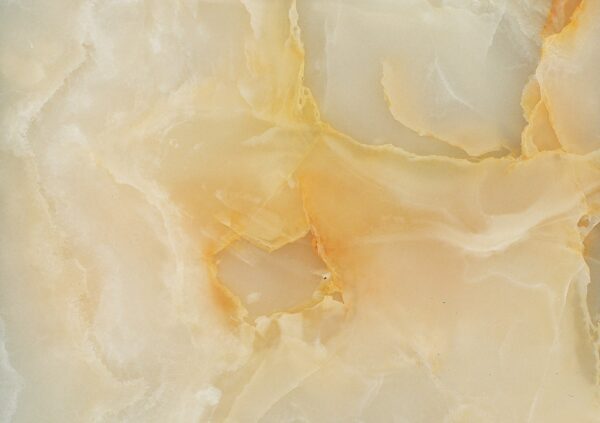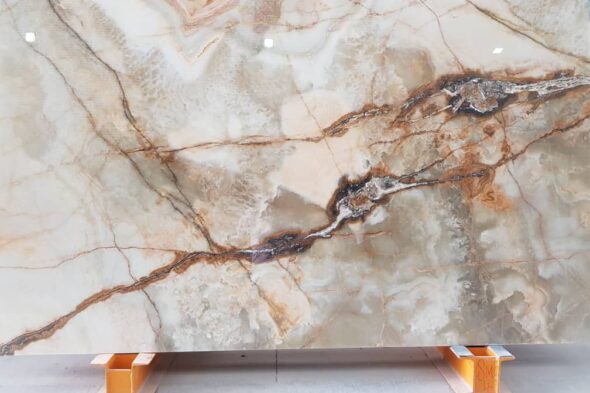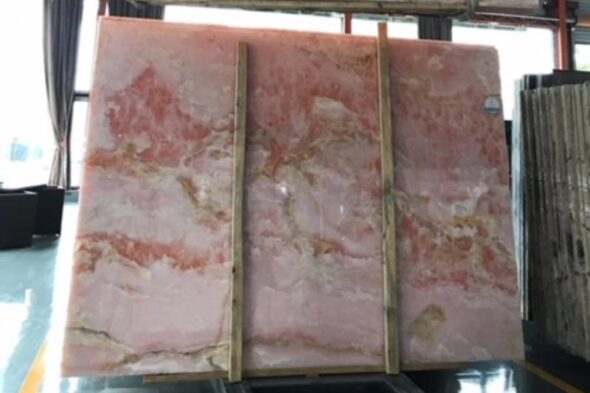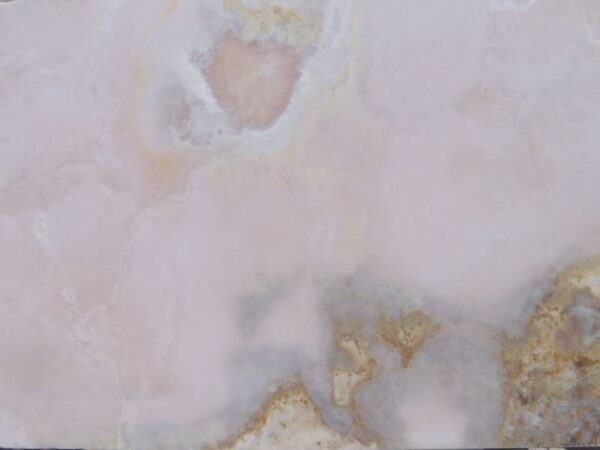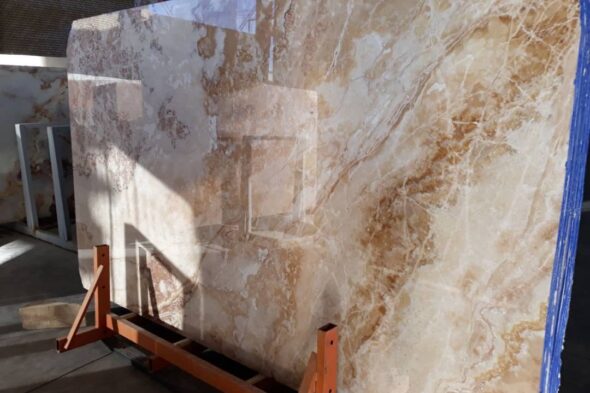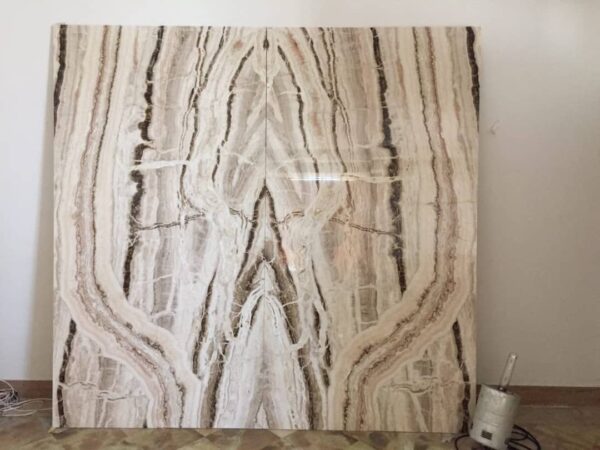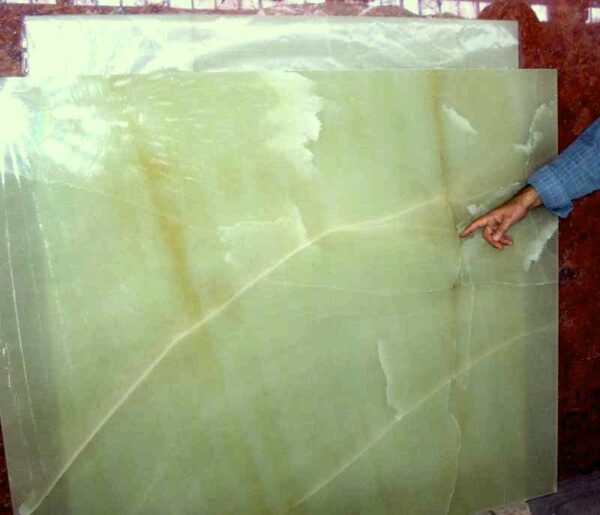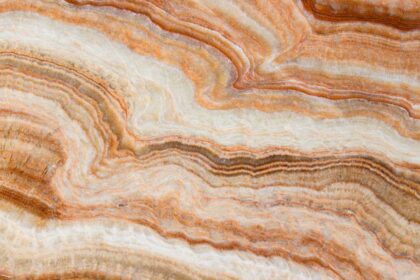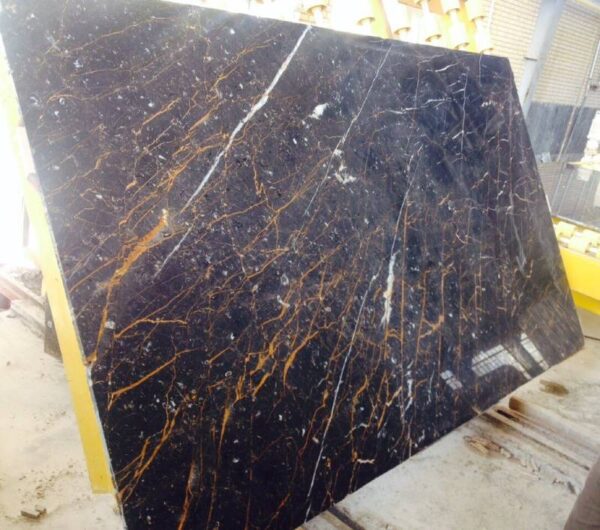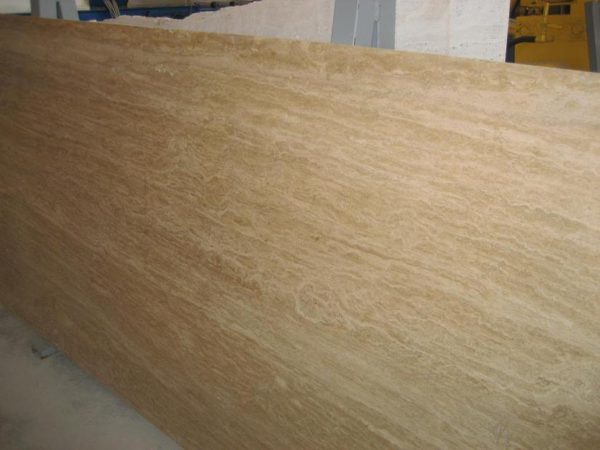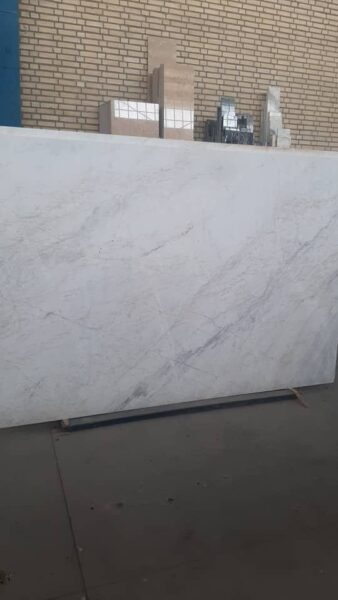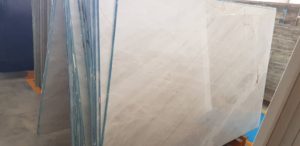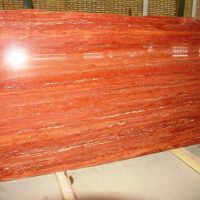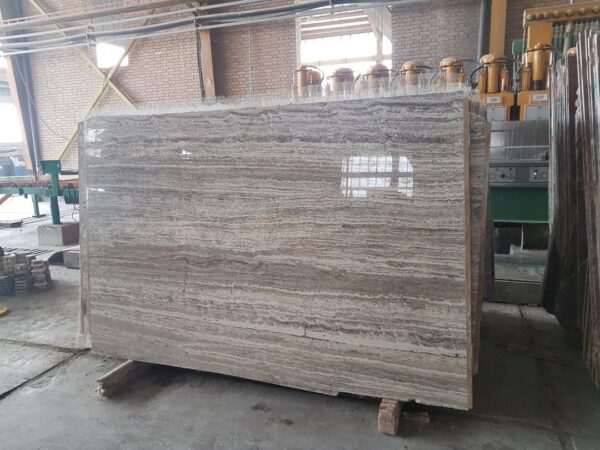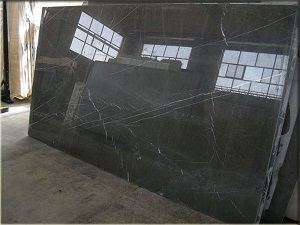A Comprehensive Guide
Exporting stones can be a profitable business, especially when targeting the right international markets. With the global demand for natural stones such as marble, granite, limestone, and sandstone continuing to rise, it’s essential to identify which countries are the best for exporting these valuable materials. In this guide, we’ll explore the top countries to export stones, helping you expand your business and tap into lucrative markets.
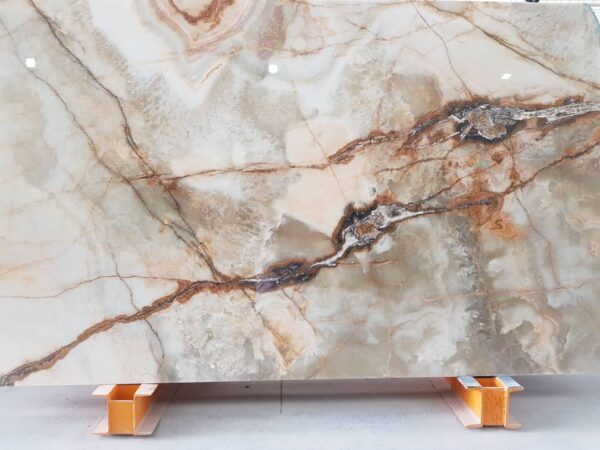

Why Export Stones?
Natural stones are widely used in various industries, including construction, interior design, landscaping, and manufacturing. Exporting stone offers an opportunity to capitalize on global demand and boost profits. Some of the benefits of exporting stones include:
- Growing Market Demand: As urbanization increases globally, the demand for building materials like stone continues to grow.
- Diverse Applications: Stones like marble and granite are used in flooring, countertops, facades, and landscaping, making them highly versatile products.
- Profitability: Exporting high-quality stone to countries with booming construction and real estate sectors can generate significant returns.
The Best Countries to Export Stones
To succeed in the stone export business, it’s crucial to target countries with high demand for natural stone products. Here are the best countries for stone exports:
1. United States: The Largest Stone Market
The United States is one of the largest consumers of natural stone, driven by a strong demand in both the residential and commercial construction sectors. With ongoing infrastructure development and high-end construction projects, the U.S. offers great potential for stone exporters, especially for products like marble, granite, and limestone. States like California, New York, and Florida have a high demand for stone in architecture, interior design, and landscaping.
- Why Export to the U.S.? The country’s thriving construction market and demand for high-quality natural stone make it a top destination for exporters.
2. China: A Growing Stone Market
China has rapidly become one of the largest markets for natural stone. As the construction industry expands in both urban and rural areas, the demand for marble, granite, and other stones has surged. Additionally, China’s manufacturing sector uses large quantities of stone for producing products such as countertops and tiles, making it a key market for exporters.
- Why Export to China? China’s booming construction sector, combined with its demand for stone in various industries, makes it a high-potential export destination.
3. United Arab Emirates: Luxury Construction Hub
The UAE, especially Dubai, is known for its luxury real estate and construction projects, where marble, granite, and other premium stones are extensively used. With a growing number of skyscrapers, hotels, and residential buildings, the demand for high-quality natural stone is increasing. The UAE is a prime destination for exporters looking to supply luxury stone for upscale projects.
- Why Export to the UAE? The demand for premium stones in high-end construction projects makes the UAE one of the top countries for stone export.
4. India: Expanding Infrastructure
India is experiencing rapid urbanization, which has led to a surge in construction projects. The country’s growing demand for stone in residential, commercial, and infrastructure development makes it a promising market for exporters. India is known for its use of sandstone, granite, and marble in both traditional and modern designs.
- Why Export to India? India’s expanding infrastructure projects and construction boom provide numerous opportunities for stone exporters.
5. Germany: High Demand for Natural Stone
Germany is one of Europe’s largest consumers of natural stone. The country’s strong economy and booming construction and renovation markets make it a prime destination for stone exports. Stone is in demand for both residential and commercial projects, including facades, flooring, and decorative elements. Germany’s commitment to sustainable building practices further increases the demand for eco-friendly natural stone.
- Why Export to Germany? Germany’s large construction market and preference for high-quality, eco-friendly stone make it an ideal country for stone exports.




